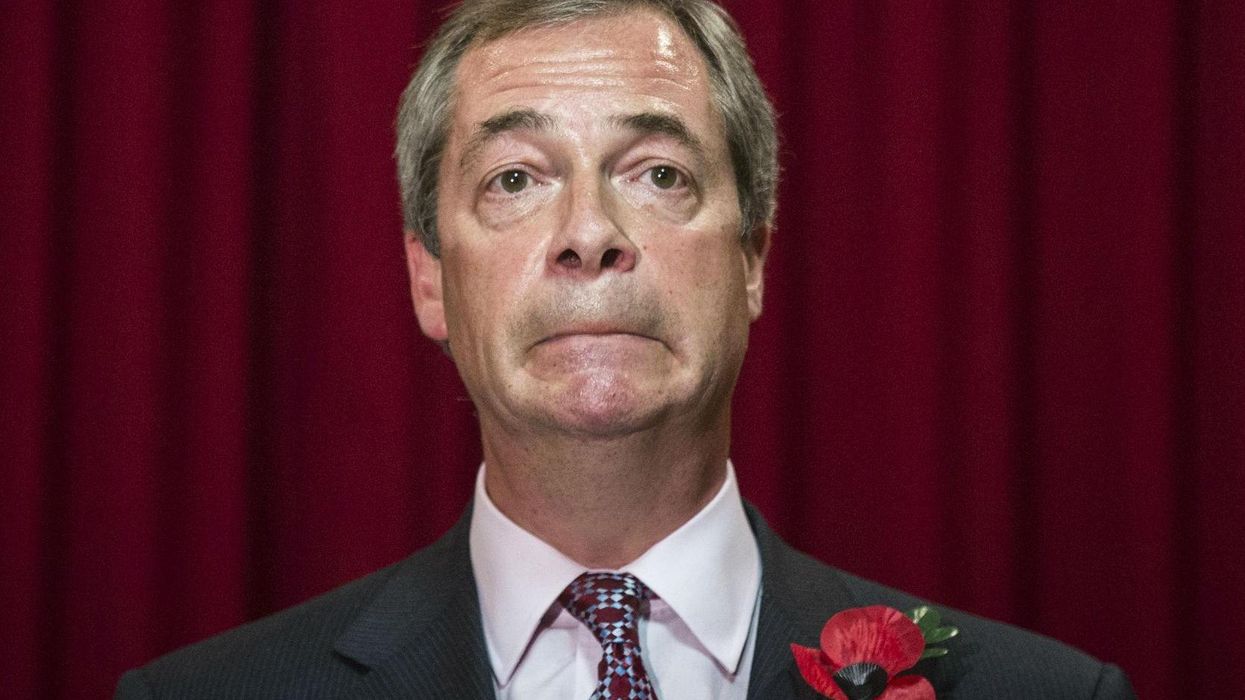News
Narjas Zatat
Nov 07, 2016

Picture: Rob Stothard/Getty
The High Court ruled earlier this month that Article 50 of the Lisbon treaty, which would formally begin the process of the UK leaving the EU, can only be triggered if MPs vote on it.
The decision shook the nation, and among its staunchest critics, prominent Leave campaigner and interim Ukip leader Nigel Farage had the hardest time digesting the news.
He warned that the parliament have “no idea what anger they will provoke” if Article 50 was blocked, and even alluded to a British revolution.
The government are appealing the decision, which has been dubbed unconstitutional, and a hearing is expected next month.
In light of that, Nigel Farage and prominent members of the Leave.EU campaign plan a 100,000-person march to Parliament on the day the Supreme Court are set to hear the case.
Farage previously campaigned for Brexit using an argument that hinged on the sovereignty of British courts.
On 8 June, Nigel Farage appeared on ITV to talk about the referendum, and following a question about British sovereignty from the audience, he said:
This is a referendum for us to vote to get our independence as a nation and that means we make our own laws, in our own parliaments; our own courts are the ultimate arbiters and we can then trade and make our own decisions.
In his first speech after the release of the referendum results, Farage once more alluded to the importance of the government in deciding the way Brexit will be enacted:
The question is what do we do next? It is up to the British government to invoke Article 50 and I don’t think we should spend too long in doing it.
MP for Loughborough Nicky Morgan, wrote:
So while the respect Mr Farage holds for the courts varies depending on how they feature in what he campaigns for - he seems adamant about marching regardless.
More: Show this chart to anyone who says Brexit is the 'will of the British people'
More: The chart Brexiters won't want to see before MPs vote on Article 50
Top 100
The Conversation (0)













